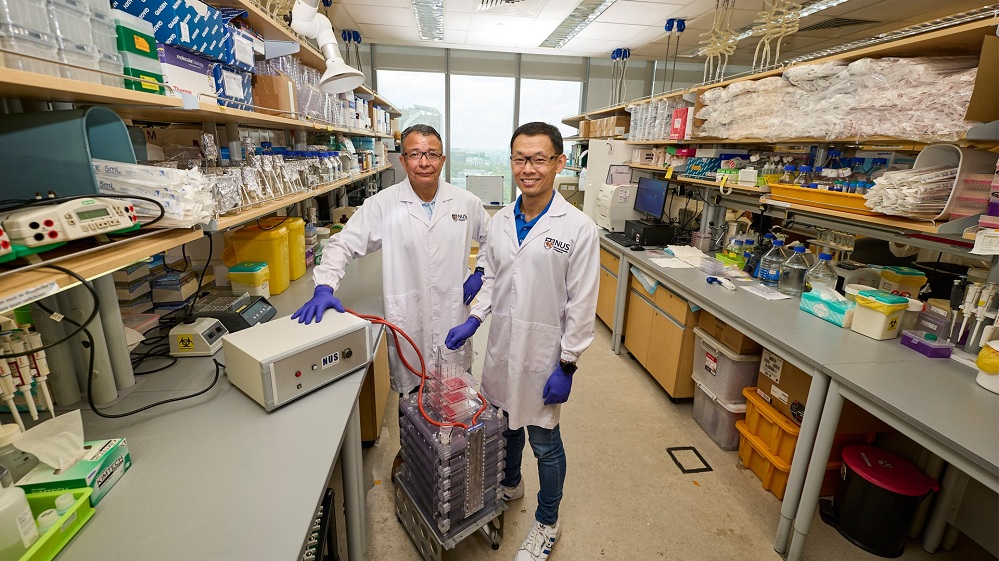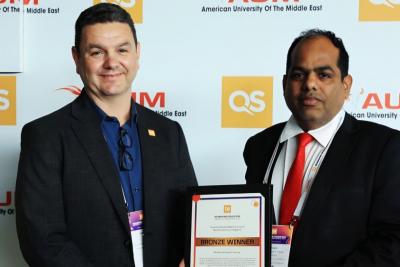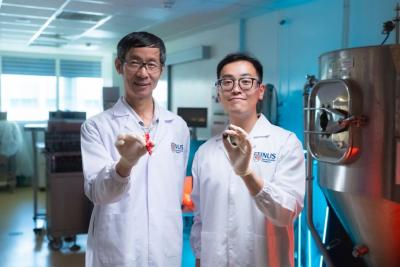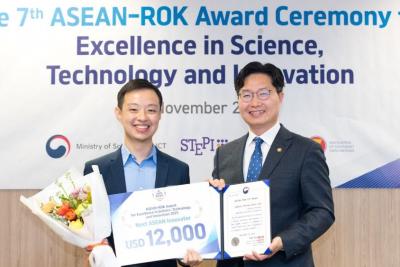Nhà khoa học NUS phát triển kỹ thuật mới để nuôi thịt trong phòng thí nghiệm

New method is a greener, cleaner, safer and more cost-effective way to produce cell-based meat.
Scientist from the National University of Singapore (NUS) have found a novel way of growing cell-based meat by zapping animal cells with a magnet. This new technique simplifies the production process of cell-based meat by reducing reliance on animal products, and it is also greener, cleaner, safer and more cost-effective.
Cultured meat is an alternative to animal farming with advantages such as reducing carbon footprint and the risk of transmitting diseases in animals. However, the current method of producing cultured meat involves using other animal products, which largely defeats the purpose, or drugs to stimulate the growth of the meat.
To cultivate cell-based meat, animal cells are fed animal serum – usually foetal bovine serum (FBS), which is a mixture harvested from the blood of foetuses excised from pregnant cows slaughtered in the dairy or meat industries – to help them grow and proliferate. This is a critical, yet cruel and expensive, step in the current cell-based meat production process. Ironically, many of these molecules come from the muscles within the slaughtered animal, but scientists did not know how to stimulate their release in production scale bioreactors. Other methods to promote cell growth are using drugs or relying on genetic engineering.





















